The Cambridge Introduction to French Literature
Cambridge University Press, $52.95 pb, 318 pp, 9780521715096
The Cambridge Introduction to French Literature by Brian Nelson
'It is hard to imagine a more challenging scholarly task than composing, in under three hundred pages, an introduction to a field as vast and variegated as French literature. From the fabliaux, mystery plays and chansons de geste of medieval times to such figures as the present-day Nobel Prize-winning novelists Le Clézio and Modiano, it embraces nine hundred years of textual production. It is a veritable universe, occupied by many thousands of imagined worlds, and still growing.
This is easily the most ambitious project that Cambridge University Press has to date undertaken in its 'introductions' series, where the great majority of titles deal with single authors or limited themes. At first glance, one might wonder about the need for such a volume, but it is a sad fact that in the Anglophone world, including universities, interest in French literature has been declining for the past fifty years or more. It is therefore to Brian Nelson's credit that, guided as he says 'by personal preference and taste', he takes his readers on a bold and informative tour of some of the brightest stars in the French literature galaxy.
Opening with the colourful fifteenth-century figure of François Villon, Nelson offers twenty-nine short essays on individual authors. He does not attempt a continuous historical survey, but does follow a chronological line, ending on a longish chapter which sketches prominent features of the period from the 1950s to the present. Along the way, we meet several of the giants who have contributed to France's standing as one of the great literary cultures of modern history: the likes of Montaigne and Rabelais, Molière, Voltaire, Rousseau, Balzac, Stendhal, Flaubert, Zola, Baudelaire and Rimbaud, Proust and Céline, Sartre and Camus.
Continue reading for only $10 per month. Subscribe and gain full access to Australian Book Review. Already a subscriber? Sign in. If you need assistance, feel free to contact us.



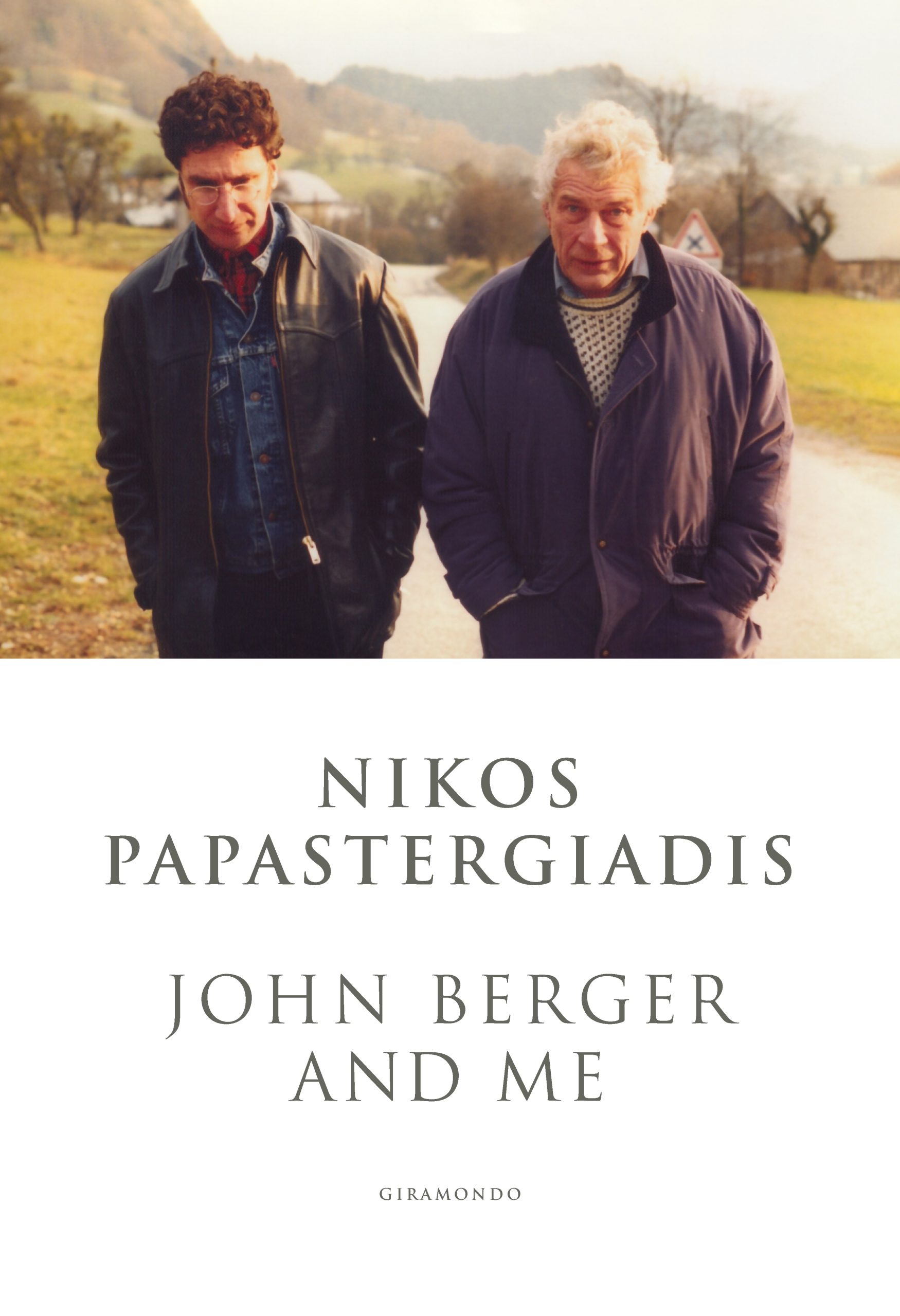
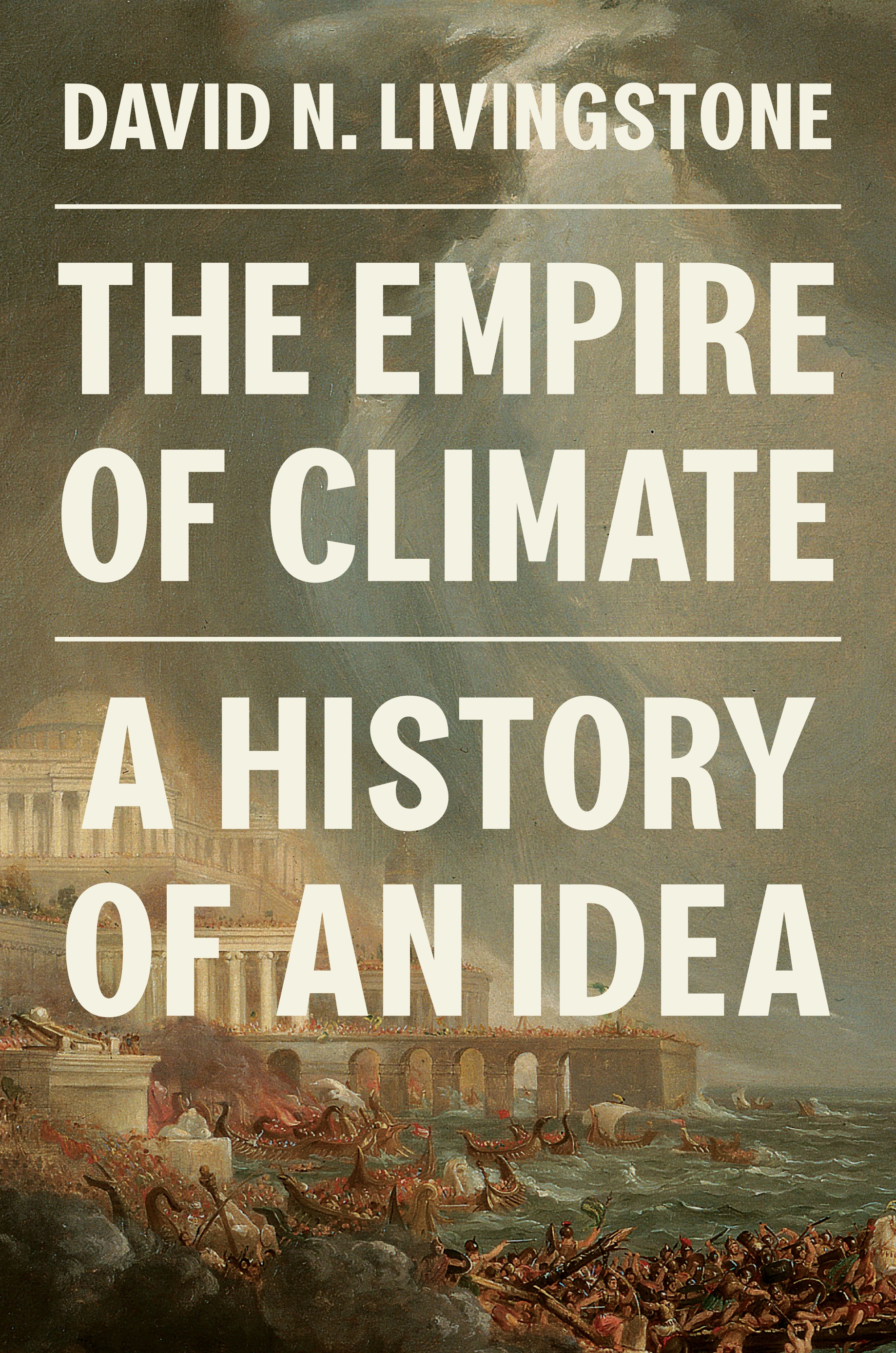
.png)
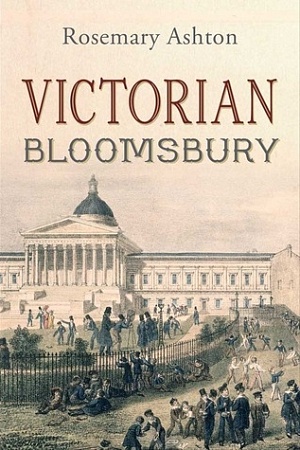
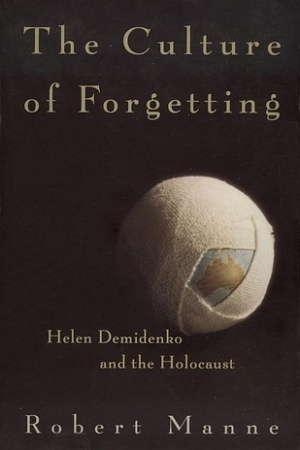

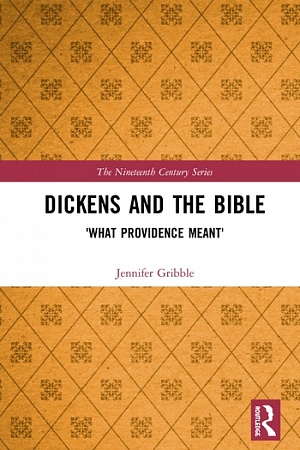
Leave a comment
If you are an ABR subscriber, you will need to sign in to post a comment.
If you have forgotten your sign in details, or if you receive an error message when trying to submit your comment, please email your comment (and the name of the article to which it relates) to ABR Comments. We will review your comment and, subject to approval, we will post it under your name.
Please note that all comments must be approved by ABR and comply with our Terms & Conditions.